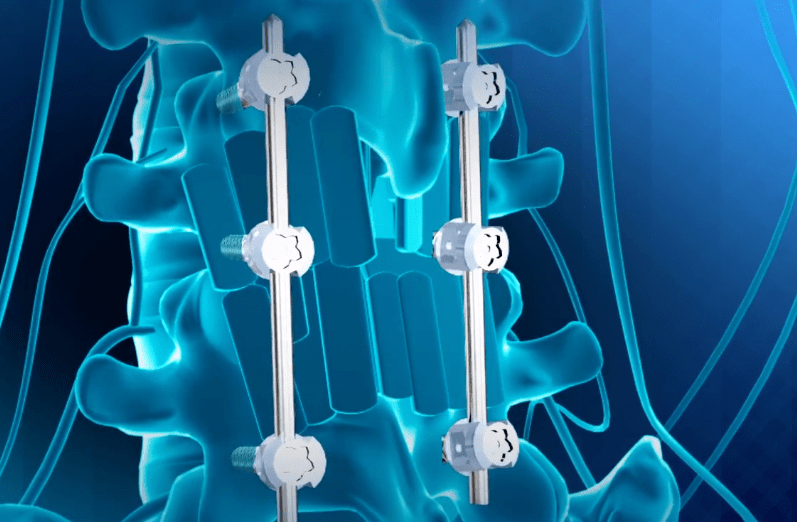Best Spine Doctor NY
Cervical Spine Surgeons NYC

Spine surgeons are medical doctors, meaning they have an M.D. or a D.O. Both degree titles require the same certifications and post-medical school training to specialize in spine surgery.
The Spine services manage adult spine problems including infection, degenerative disease, trauma, injuries, and tumors. Our spine faculty and staff have a particular focus on low back pain and neck problems, non-operative or operative management and the psychological aspect.
Our chief surgeon is a board-certified orthopedic surgeon. He also has fellowship training in combined neurosurgery/orthopaedic spine surgery. New York and New Jersey have his offices. He specializes in spinal Fusion, Lumbar Surgery, and treating Trauma.

